Description
“Singapore: Government and Politics” by Verinder Grover is a comprehensive and insightful exploration of the political landscape and governance system of Singapore. In this book, Grover provides a detailed analysis of Singapore’s political history, the development of its unique political system, and the key actors and institutions that shape its governance. The author’s in-depth research and extensive knowledge of Singapore’s political dynamics make this book a valuable resource for scholars, policymakers, and anyone interested in understanding the complexities of Singaporean politics.
The book begins with an exploration of Singapore’s historical context, tracing its journey from a British colony to an independent nation. Grover highlights the challenges faced by Singapore in its early years, including its vulnerability as a small island state and the need for strong leadership to overcome these obstacles. By delving into the historical roots, the author sets the stage for a deeper understanding of Singapore’s political evolution.
In the subsequent chapters, Grover delves into the key aspects of Singapore’s government and politics. He examines the role of the ruling party, the People’s Action Party (PAP), in shaping Singapore’s political landscape since independence. The author provides a detailed analysis of the PAP’s dominance, its strategies for maintaining power, and the challenges it faces in a changing socio-political climate.
Furthermore, Grover explores Singapore’s unique model of governance, characterized by a strong emphasis on efficiency, meritocracy, and technocratic leadership. He examines the central role played by the civil service, the judiciary, and the military in maintaining stability and driving the nation’s development. The author also discusses the various policies and initiatives implemented by the government, such as housing, education, and economic reforms, and their impact on Singaporean society.
Grover’s analysis of Singapore’s political landscape is meticulous and comprehensive. He provides a balanced perspective, examining both the achievements and shortcomings of Singapore’s governance model. The author offers insights into the trade-offs between economic progress and political freedoms, shedding light on the challenges of balancing authoritarian tendencies with a desire for democratic participation.
One notable strength of the book is Grover’s attention to detail. He presents a wealth of empirical evidence and examples to support his arguments, drawing from a wide range of sources including academic research, government documents, and interviews. This evidence-based approach enhances the credibility and reliability of the author’s analysis.
In comparison to other books on Singaporean politics, Grover’s work stands out for its comprehensive coverage and depth of analysis. While some publications may focus solely on specific aspects of Singapore’s political system, such as its economic success or its restrictions on civil liberties, Grover provides a holistic view, taking into account the interconnectedness of different elements in Singaporean governance.
Throughout the book, Grover highlights several key themes that underpin Singapore’s government and politics. One recurring theme is the tension between authoritarian governance and the desire for political liberalization. The author explores how Singapore has managed to maintain social stability and economic prosperity while limiting political dissent and curbing freedom of expression.
Another theme explored by Grover is the role of leadership in shaping Singapore’s political trajectory. He analyzes the leadership style of prominent figures such as Lee Kuan Yew and Lee Hsien Loong, examining how their leadership qualities have influenced Singapore’s governance model and its relations with other countries.
While “Singapore: Government and Politics” is not a work of fiction, Grover presents the key political actors and institutions as characters in their own right. He provides insights into the personalities and motivations of leaders, such as Lee Kuan Yew, offering a glimpse into the human aspects behind Singapore’s political decision-making.
About the Author:
Verinder Grover is an esteemed scholar with expertise in Southeast Asian politics, and his specialization in Singaporean politics is evident throughout the book. He is widely recognized for his research contributions and has authored numerous publications on Singapore’s governance and political development. Grover’s academic credentials and deep understanding of the subject matter lend credibility to his analysis.
Grover’s writing style is scholarly yet accessible, making complex concepts understandable for readers with varying levels of familiarity with Singaporean politics. His clear and concise prose, combined with a logical organization of ideas, facilitates a smooth reading experience. The author’s ability to present technical information in a reader-friendly manner is commendable.
What People Say About This Book:
“Singapore: Government and Politics” has garnered positive reviews from scholars and experts in the field. Critics commend Grover for his comprehensive coverage, meticulous research, and balanced analysis. The book has been praised for its relevance in understanding the complexities of Singapore’s political landscape and its implications for other nations grappling with similar challenges.
- Comprehensive analysis of Singapore’s political landscape and governance system.
- Meticulous research and evidence-based arguments.
- A balanced perspective on the achievements and challenges of Singapore’s governance model.
- Clear and accessible writing style.
- Relevant and insightful for scholars, policymakers, and anyone interested in Singaporean politics.


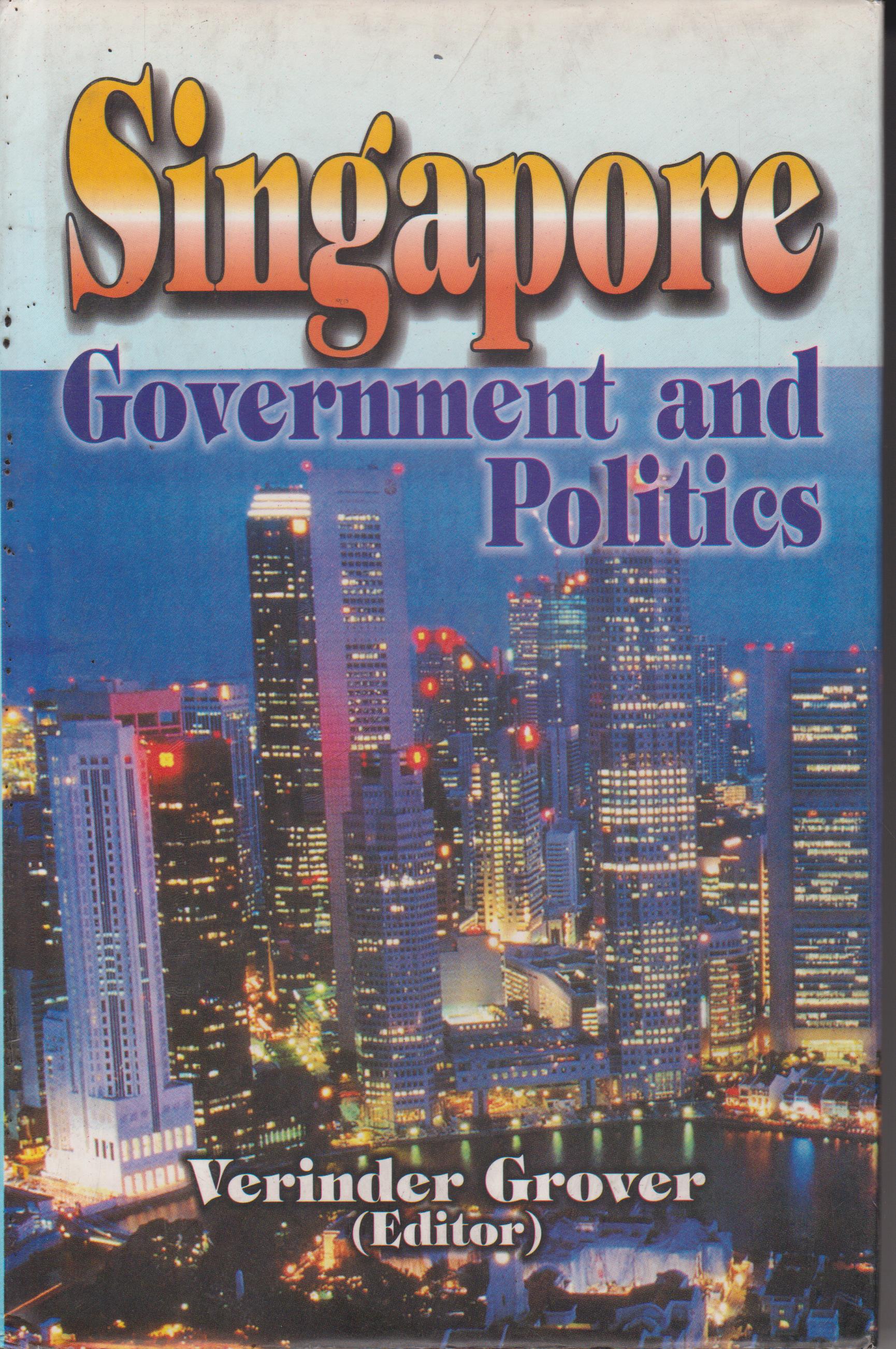
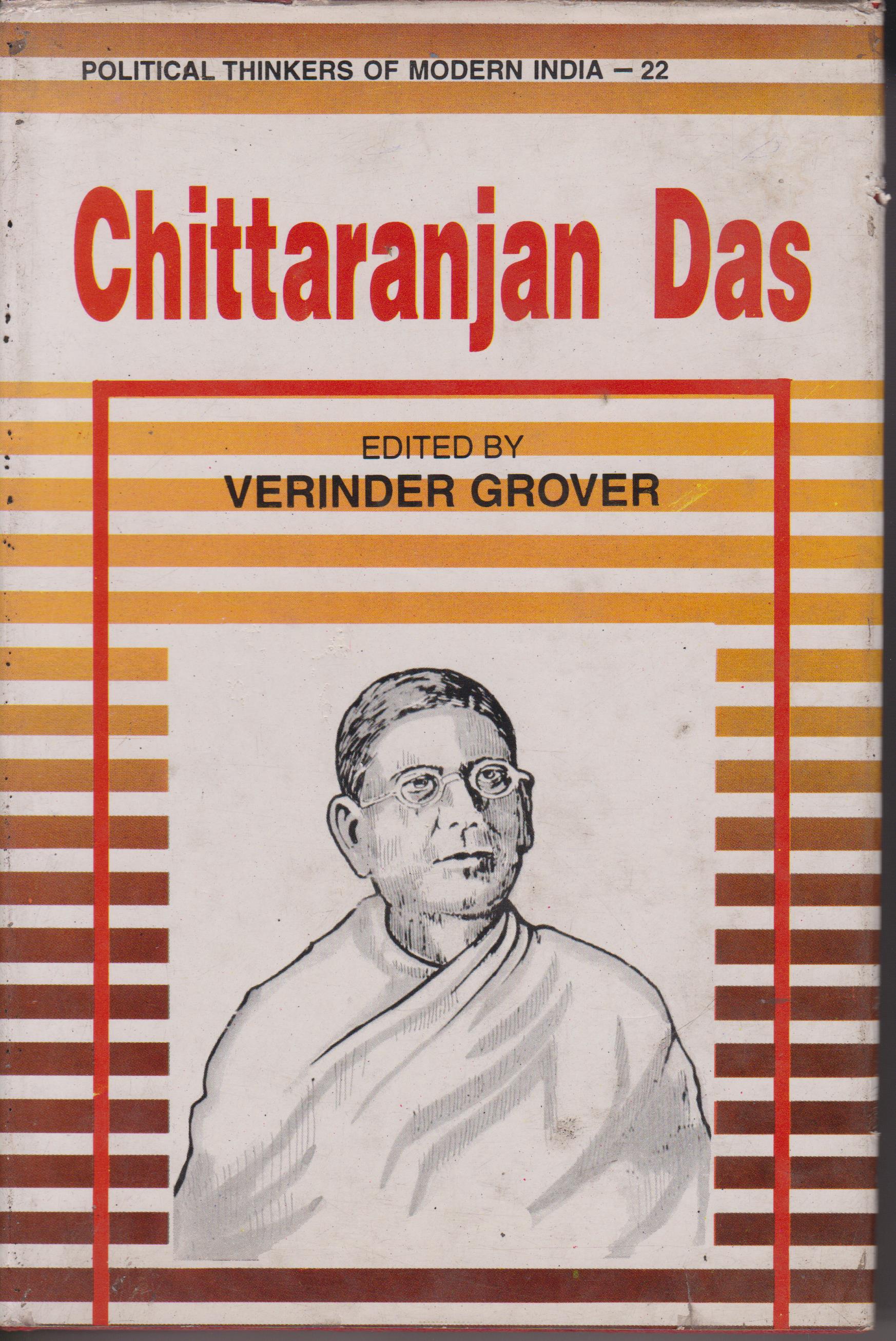

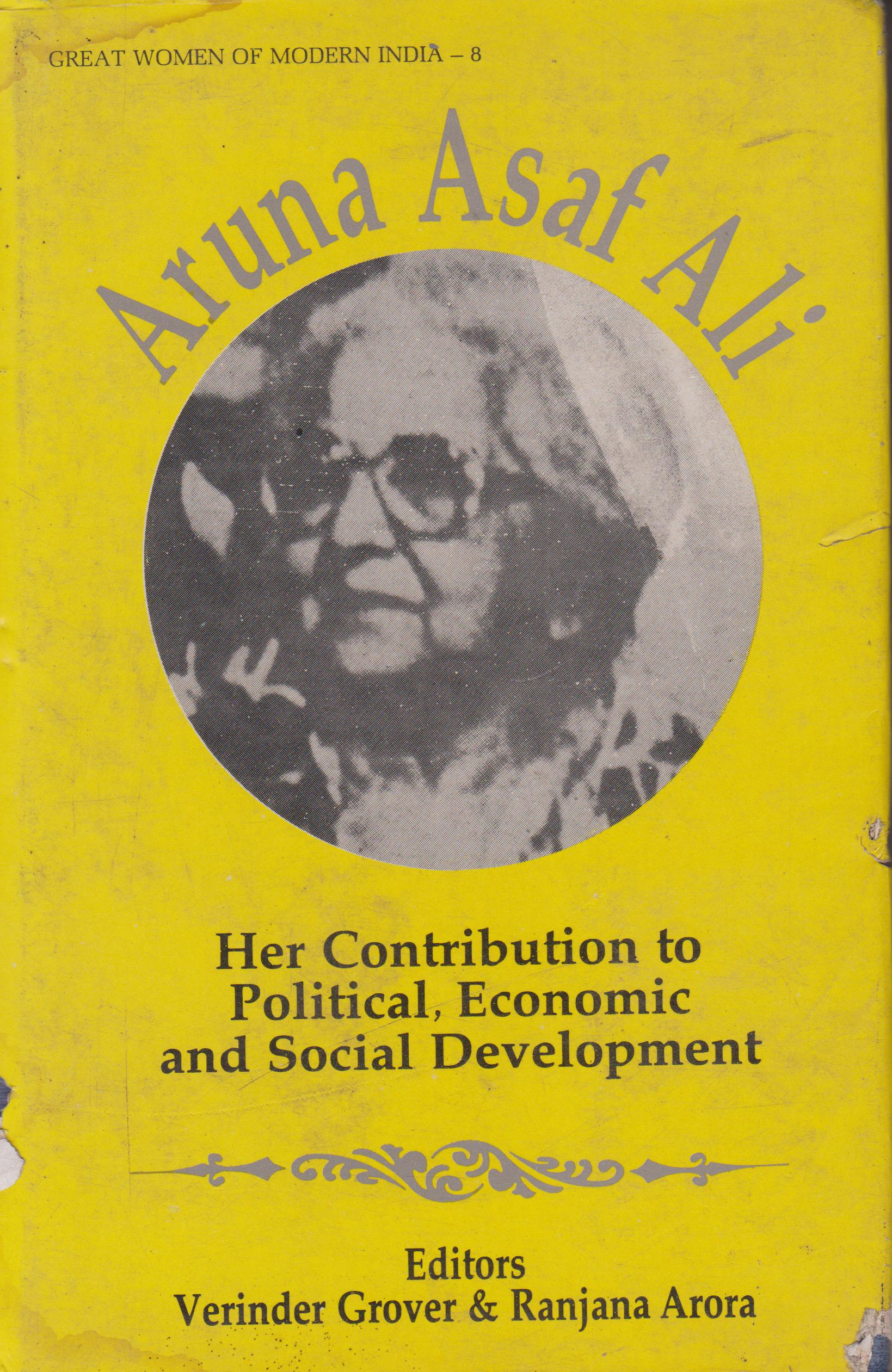
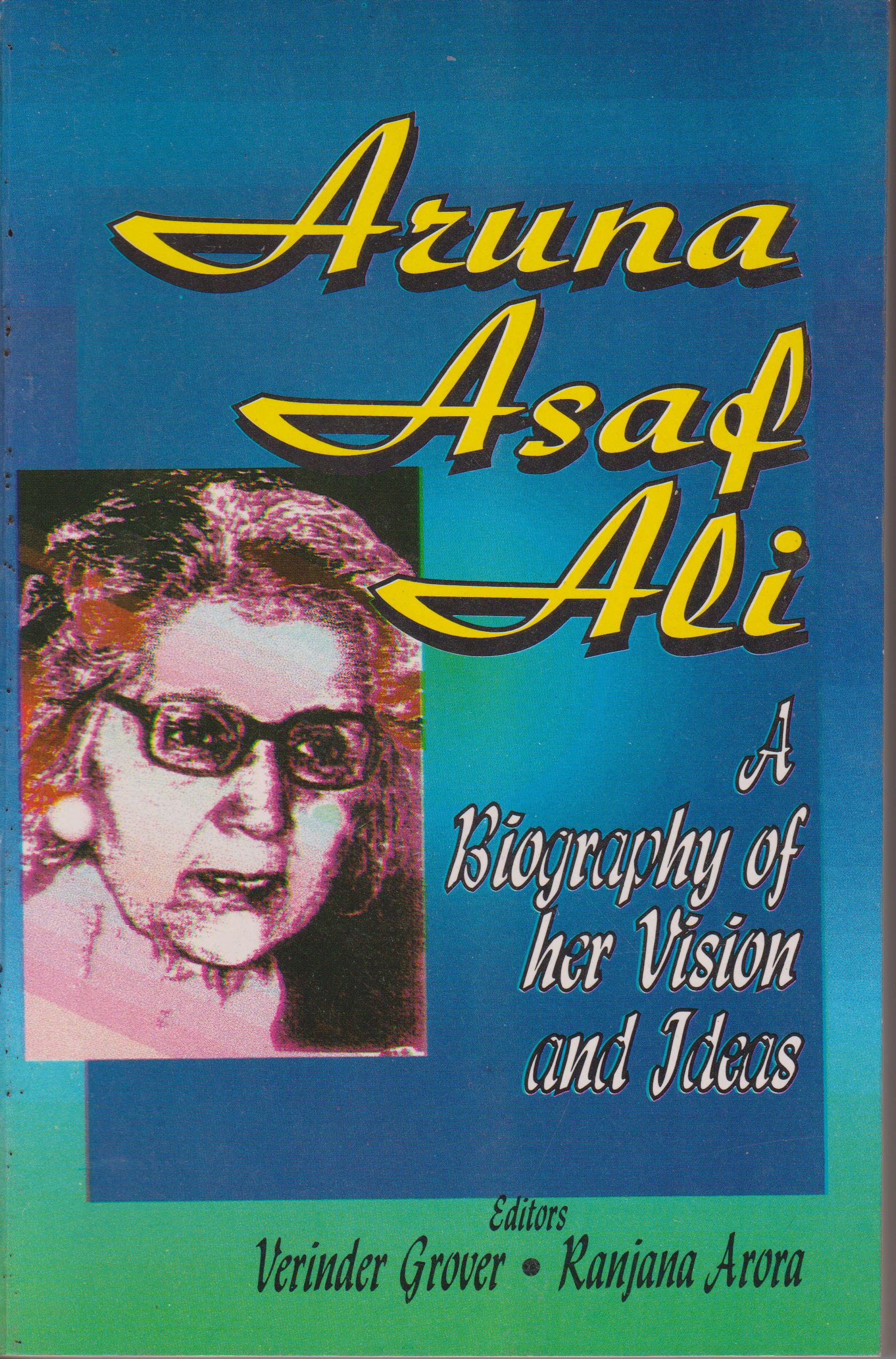
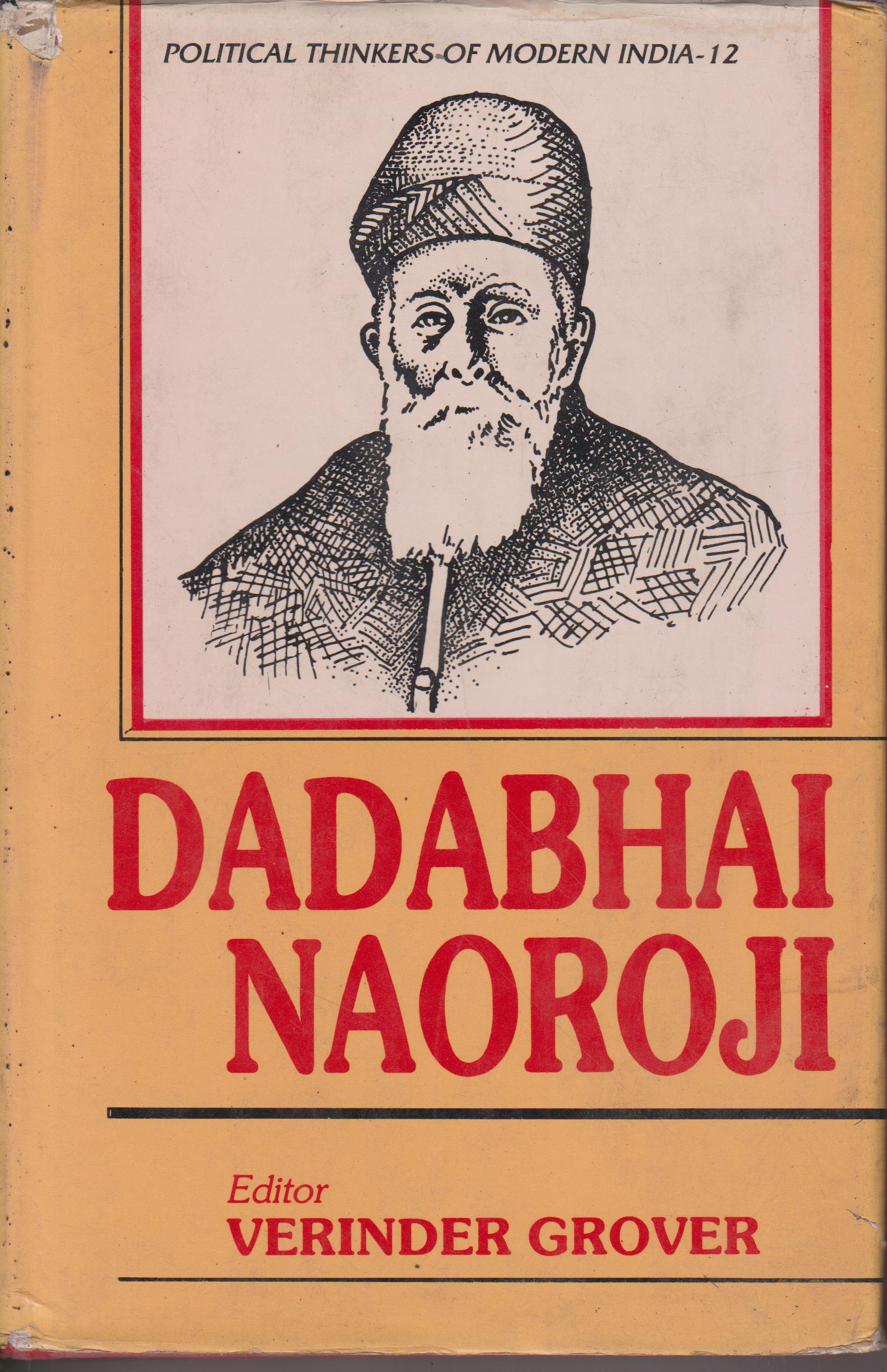
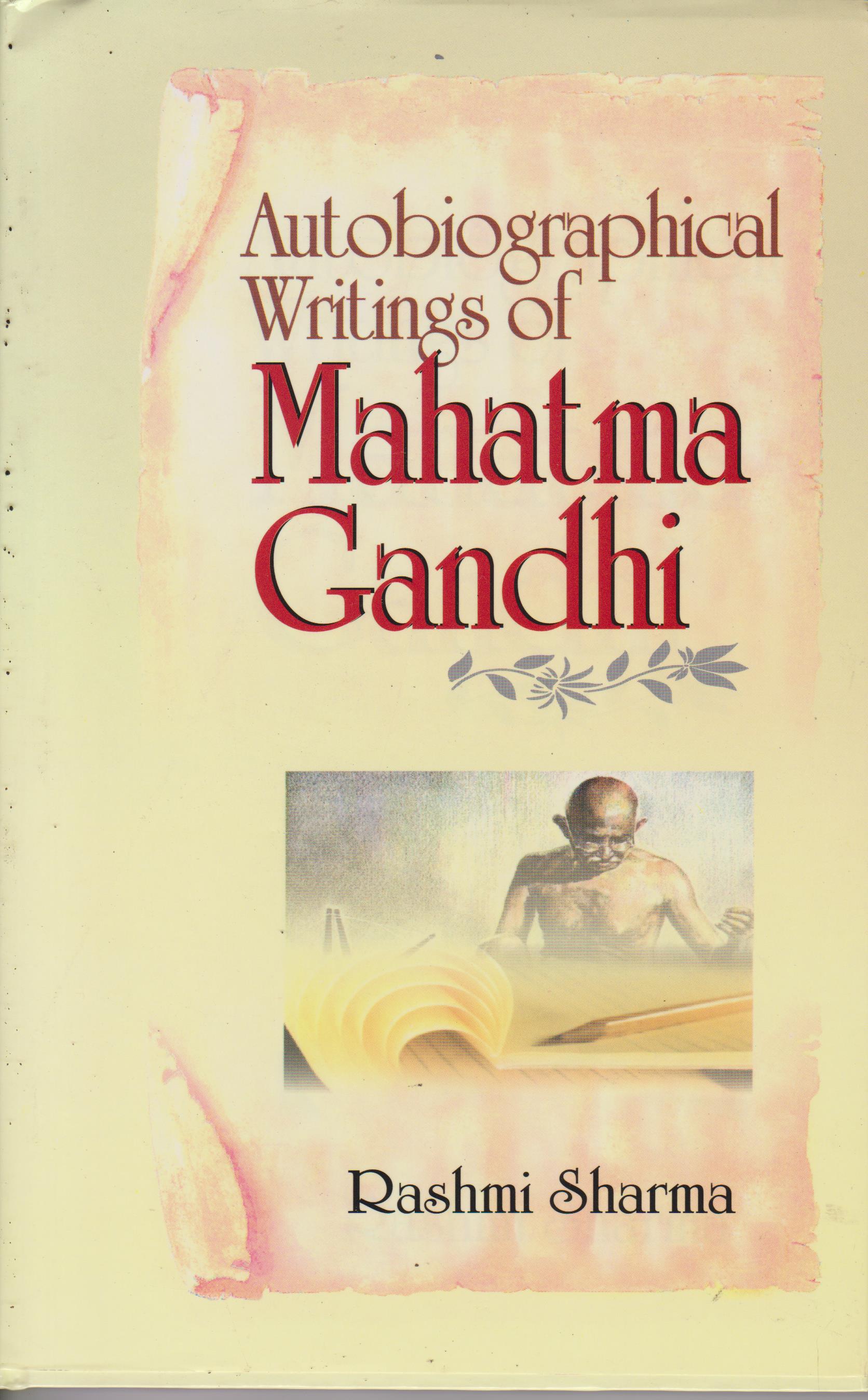
Reviews
There are no reviews yet.